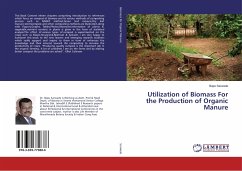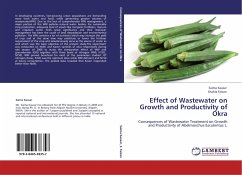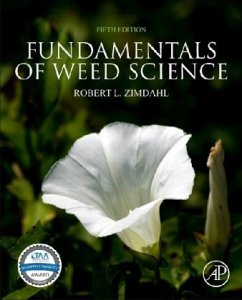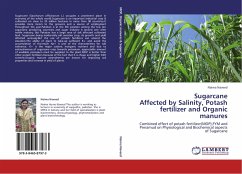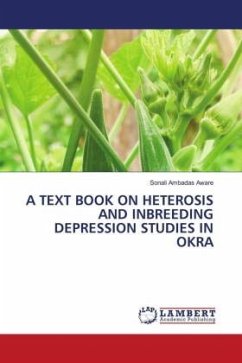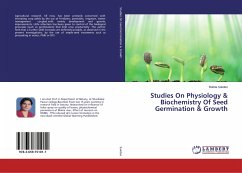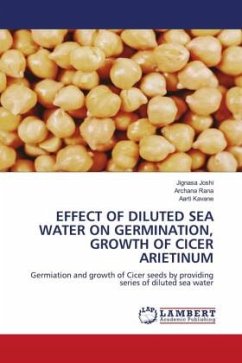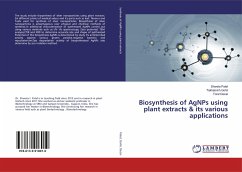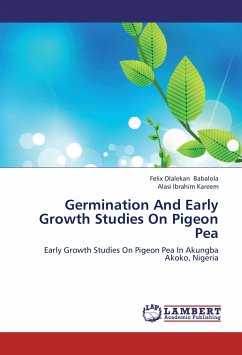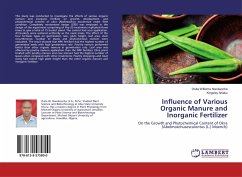
Influence of Various Organic Manure and Inorganic Fertilizer
On the Growth and Phytochemical Content of Okra (Abelmoschusesculentus (L.) Moench)
Versandkostenfrei!
Versandfertig in 6-10 Tagen
27,99 €
inkl. MwSt.

PAYBACK Punkte
14 °P sammeln!
This study was conducted to investigate the effects of various organic manure and inorganic fertilizer on growth, development, and phytochemical content of okra (Abelmoschus esculentus) under field condition. Completely randomized design (CRD) was employed in the design of the experiment comprising of five (5) treatments replicated three times to give a total of 15 bucket stand. The control had zero application. All buckets were watered uniformly as the need arises. The effect of the four fertilizer types on germination rate, plant height, leaf area, stem circumference, number of leaves and ph...
This study was conducted to investigate the effects of various organic manure and inorganic fertilizer on growth, development, and phytochemical content of okra (Abelmoschus esculentus) under field condition. Completely randomized design (CRD) was employed in the design of the experiment comprising of five (5) treatments replicated three times to give a total of 15 bucket stand. The control had zero application. All buckets were watered uniformly as the need arises. The effect of the four fertilizer types on germination rate, plant height, leaf area, stem circumference, number of leaves and phytochemical content were evaluated. The result showed that NPK fertilizer had the highest number of germinated seeds with high germination rate. Poultry manure performed better than other organic manure in germination rate. Leaf area was affected by poultry manure application than the NPK fertilizer. Okra plant treated with poultry manure and cow manure had the highest number of leaves when compared with other treatments. Poultry droppings and Goat dung had overall high plant height than the other organic manure and inorganic fertilizer.



